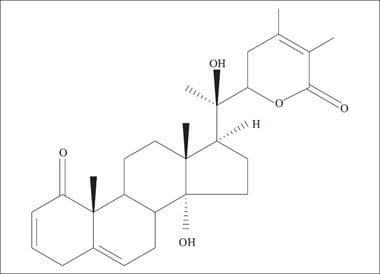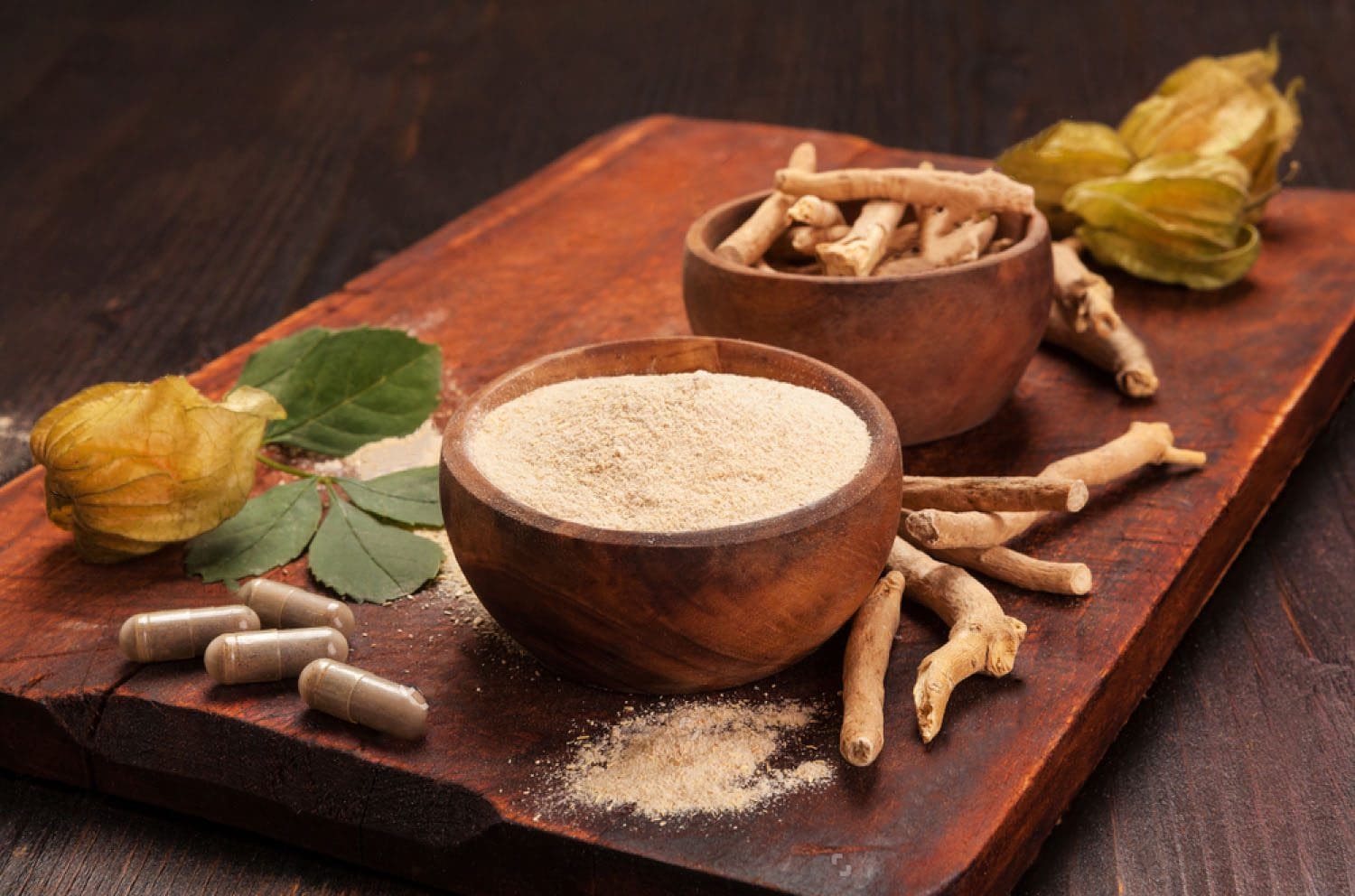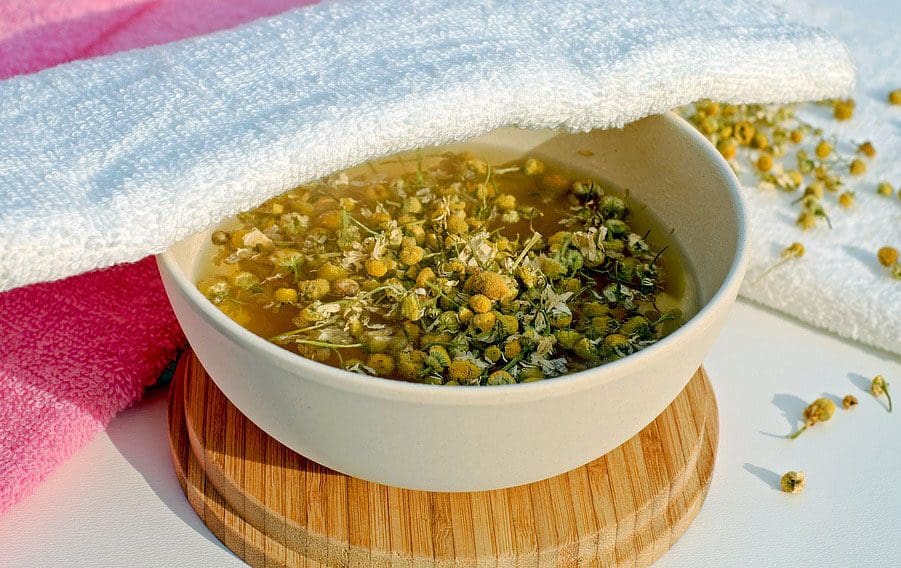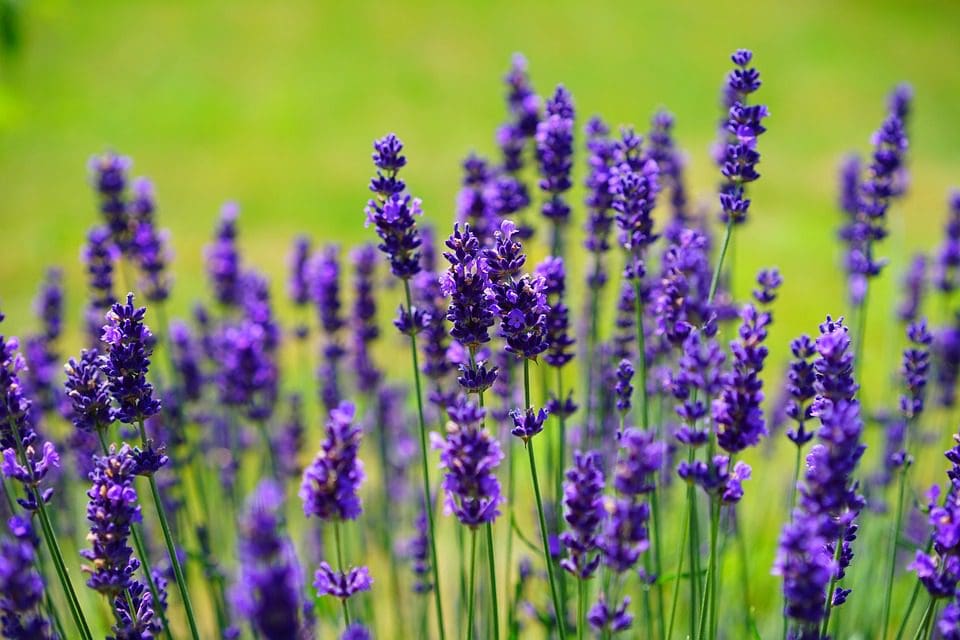After a long day of work, you tiredly march your way to your bedroom. You take off your work clothes and slip on your comfiest pajamas; your bed is inviting you to just go under the covers and get that full 8 hours of recommended sleep that the media tells you to. However, you realize you have a project you must finish in two days to show your boss.
Thus, you are working on that project in those two days, after work, in the wee hours of the night until completion. Surprisingly, when your head hits that pillow, and you close your eyes for a few hours, your alarm starts to alert you awake to start your workday, and you are exhausted.
The world today is still experiencing a lack of sleep, as people still have busy lives and just get about 5 hours or less of sleep. Japan still holds the record for having 5 hours of no sleep, while the U.S. is in second place for getting about 6 hours or less of sleep. But there is some good news as there are some natural ways to get the full recommended amount of sleep without the use of medication, and it can help keep you stay asleep throughout the night. Here are the top 4 botanicals that are used by professionals.
Table of Contents
4 Botanicals
#1 Ashwagandha
Located in southwest India, Ashwagandha has many health benefits that can help people with different ailments and has many different names, including the most common name, “winter cherry.” The plant contains alkaloids, phytosterols, saponins, iron, and steroidal lactones. These chemical constituents are known as withanolides.
In small dosages, it can reduce your cortisol levels to where you feel a bit more relaxed. Not only that, Ashwagandha root has been used to improve your brain function, boost your memory and your reaction time gets improved and is completely safe and widely available.


#2 Chamomile
Chamomile is one of the most common herbs that help anyone with trouble sleeping. When the herb is dried up, you can actually seep the plant into hot water, and with a small dash of honey, it can be the most relaxing, hot beverage that you can sip and relax to. The herb contains apigenin, which is an antioxidant that will bind to certain receptors in your brain. So that being said, chamomile’s properties can make you sleepy and reduce your anxious mind to be at ease.
Another reason to drink chamomile is that it can actually relieve anxiety and depression. When our body is anxious, our brain produces more glutamate, which can be harmful to us. So, sipping or taking the herb as a supplement can target what receptors make us anxious and calm us down.

#3 Lemon Balm
Lemon Balm is part of the mint family with many different names, but this herb’s main purpose is to calm your mind. If you have an anxious mind and your beta brain waves are overstimulated, it can be very bad for your health. This herb has about 100 active phytochemicals and has high flavonoids that have both antioxidant and neuroprotective effects that are beneficial. Studies have proven that lemon balm can calm the mind, uplift your mood, and soothes the central nervous system.
One of the compounds that lemon balm has is called rosmarinic acid. This compound acts like a sedative, which helps you relax when you are stressed out but can be taken in small dosages. When your brain is overly active, sometimes a bit of this herb can help you relax and be calm.
When you combine lemon balm and valerian in tea, the combination has been helpful in relieving restlessness and insomnia. So, if you want to try to get a good night’s rest, try sipping a hot cup of lemon balm tea before you go to bed.

#4 Lavender
This herb is one of the top plants that everyone in the world uses. Lavender is a multipurpose plant that has so many properties that can help us. Using lavender in aromatherapy can help reduce stress and promote wellness and calmness. Studies have shown that lavender oil can be useful in treating anxiety, depression, restlessness, and insomnia. The lavender smell is pleasant and calms you when you sniff it from any store or farmer’s market that sells the plant.
Today, many people use lavender because of its calming aroma and used it in their crafts. Whether it be for cooking, soap making, essential oil and aromatherapy remedies, and yoga wellness. It is a versatile herb with many properties to ease our anxious minds.
These four herbs are some of the many herbs out there to help us get a better chance to fall asleep. Sleep is very important to us, and some people take it for granted. Many people will use the phrase, “Sleep is for the weak,” but that phrase is dangerous because sleep is not for the weak.
When we don’t get enough sleep, our bodies take a nasty toll as we feel sluggish and irritable to those around us. Not only is it bad, but sleep deprivation can lead to many health problems that can be fixed. Granted that we want to tackle as many commitments and finish projects before deadlines, does that give us the right to sacrifice sleep so we can have a fullfed life of happiness?
If we start by changing our sleep habits with any of these herbs, our bodies can naturally start repairing themselves. Once that happens, then your body will thank you for getting the full eight hours of sleep. These herbs are not a cure-all, but they are helpers to ease your brain and help calm down any anxious thoughts you may have. So, if you try these herbs to relax and maybe even get a full night’s rest, then go for it. Because sleep is not for the weak, sleep is for everyone.

Get A Good Night’s Sleep
Insufficient or poor sleep has been linked to numerous health issues. People who don’t get enough sleep or have poor sleep quality have a higher risk of developing dangerous health conditions such as heart disease, diabetes, and obesity. Adults should get between seven and nine hours of sleep a night, preferably uninterrupted, within 24 hours on a regular basis. However, there is more to a good night’s sleep than quantity. You should be able to fall asleep within about 20 minutes after you lie down and stay asleep.
Functional Medicine Matrix
NCBI Resources
Proper sleep hygiene and the application of organic herbs and the 4 aforementioned botanicals can help promote a healthy amount of sleep. The outcome could result in a wide array of benefits, including improving problem-solving and work performance, weight management, and even promoting the prevention of chronic health issues, such as diabetes, cardiovascular disease, and mood disorders like depression. You may find numerous products and information regarding how to manage proper sleep. A research study from 2016 indicated that individuals in the United States alone spent over $41 billion on sleeping treatments, which is expected to rise to $52 billion by the year 2020.
References
Here’s What Lack of Sleep Costs the U.S. Every Year: https://fortune.com/2016/11/30/sleep-productivity-rand-corp-411-billion/
Ashwagandha: https://www.pukkaherbs.us/our-mission/pukkapedia/ashwagandha/
12 Proven Health Benefits of Ashwagandha: https://www.healthline.com/nutrition/12-proven-ashwagandha-benefits#section4
12 Proven Health Benefits of Ashwagandha: https://www.healthline.com/nutrition/12-proven-ashwagandha-benefits#section11
5 Ways Chamomile Tea Benefits Your Health: https://www.healthline.com/nutrition/5-benefits-of-chamomile-tea#section1
5 Ways Chamomile Tea Benefits Your Health: https://www.healthline.com/nutrition/5-benefits-of-chamomile-tea#section6
Can Lemon Balm Help Reduce Stress and Boost Your Health?: https://www.verywellhealth.com/the-health-benefits-of-lemon-balm-89388
Lemon Balm: Uses, Benefits, and More: https://www.healthline.com/health/lemon-balm-uses#insomnia
What Lavender Can Do for You: https://www.healthline.com/health/what-lavender-can-do-for-you#uses
Lavender: Health benefits and uses: https://www.medicalnewstoday.com/articles/265922.php
Post Disclaimer
Professional Scope of Practice *
The information on this blog site is not intended to replace a one-on-one relationship with a qualified healthcare professional or licensed physician and is not medical advice. We encourage you to make healthcare decisions based on your research and partnership with a qualified healthcare professional.
Blog Information & Scope Discussions
Welcome to El Paso's Premier Wellness and Injury Care Clinic & Wellness Blog, where Dr. Alex Jimenez, DC, FNP-C, a board-certified Family Practice Nurse Practitioner (FNP-BC) and Chiropractor (DC), presents insights on how our team is dedicated to holistic healing and personalized care. Our practice aligns with evidence-based treatment protocols inspired by integrative medicine principles, similar to those found on this site and our family practice-based chiromed.com site, focusing on restoring health naturally for patients of all ages.
Our areas of chiropractic practice include Wellness & Nutrition, Chronic Pain, Personal Injury, Auto Accident Care, Work Injuries, Back Injury, Low Back Pain, Neck Pain, Migraine Headaches, Sports Injuries, Severe Sciatica, Scoliosis, Complex Herniated Discs, Fibromyalgia, Chronic Pain, Complex Injuries, Stress Management, Functional Medicine Treatments, and in-scope care protocols.
Our information scope is limited to chiropractic, musculoskeletal, physical medicine, wellness, contributing etiological viscerosomatic disturbances within clinical presentations, associated somato-visceral reflex clinical dynamics, subluxation complexes, sensitive health issues, and functional medicine articles, topics, and discussions.
We provide and present clinical collaboration with specialists from various disciplines. Each specialist is governed by their professional scope of practice and their jurisdiction of licensure. We use functional health & wellness protocols to treat and support care for the injuries or disorders of the musculoskeletal system.
Our videos, posts, topics, subjects, and insights cover clinical matters and issues that relate to and directly or indirectly support our clinical scope of practice.*
Our office has made a reasonable effort to provide supportive citations and has identified relevant research studies that support our posts. We provide copies of supporting research studies available to regulatory boards and the public upon request.
We understand that we cover matters that require an additional explanation of how they may assist in a particular care plan or treatment protocol; therefore, to discuss the subject matter above further, please feel free to ask Dr. Alex Jimenez, DC, APRN, FNP-BC, or contact us at 915-850-0900.
We are here to help you and your family.
Blessings
Dr. Alex Jimenez DC, MSACP, APRN, FNP-BC*, CCST, IFMCP, CFMP, ATN
email: coach@elpasofunctionalmedicine.com
Licensed as a Doctor of Chiropractic (DC) in Texas & New Mexico*
Texas DC License # TX5807
New Mexico DC License # NM-DC2182
Licensed as a Registered Nurse (RN*) in Texas & Multistate
Texas RN License # 1191402
ANCC FNP-BC: Board Certified Nurse Practitioner*
Compact Status: Multi-State License: Authorized to Practice in 40 States*
Graduate with Honors: ICHS: MSN-FNP (Family Nurse Practitioner Program)
Degree Granted. Master's in Family Practice MSN Diploma (Cum Laude)
Dr. Alex Jimenez, DC, APRN, FNP-BC*, CFMP, IFMCP, ATN, CCST
My Digital Business Card


